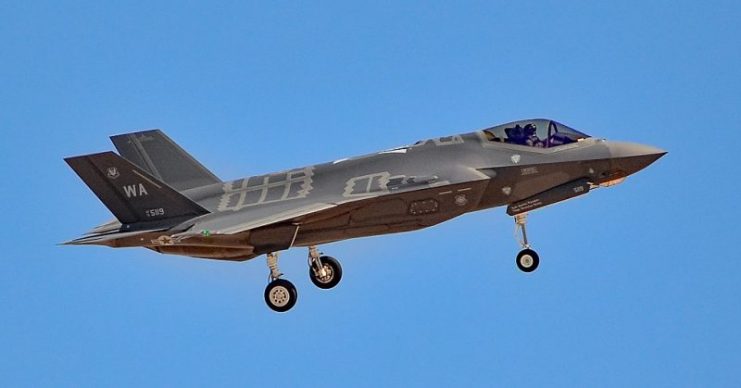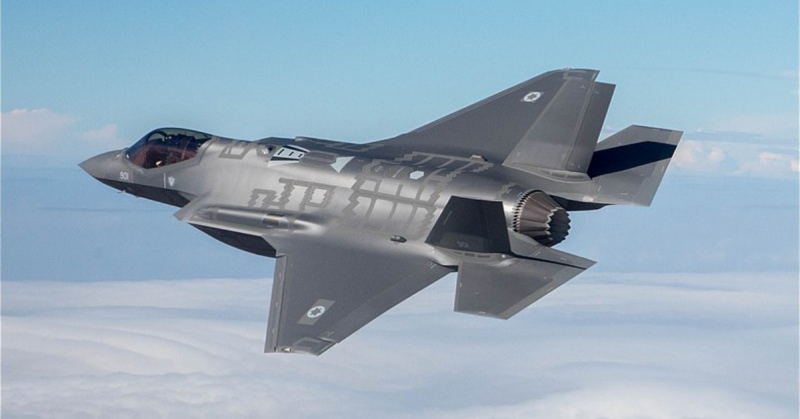Britain Foils Plot to Learn Its Secrets Through Tinder
It may sound like something out of a James Bond spy thriller, but recent details of an attack on British security are all too real.
And, not surprisingly, it occurred with the help of modern technology: the dating app Tinder. A Royal Air Force member who was using the dating site had her account hacked by an unknown but presumably hostile entity.
The bait was set through what is known as a “honey trap,” or “catfishing”: a legitimate app-user’s profile is stolen, then used to lure unsuspecting men into revealing details about themselves or, in this case, the military.

In this particular case, the RAF’s stealth jet fighter was the much sought-after target. Officials believe an RAF woman had her profile stolen and that it was then used to try to elicit secrets about the jet. British authorities believe the Russians or Chinese, both of whom are anxious to learn whatever secrets the new jet holds, were behind the scheme.
Both nations have denied any involvement in the plan. This is not the first time enemy forces have been accused of plotting against the West. Russia, of course, is mired in controversy over alleged meddling in the election that saw Donald Trump win the U.S. presidency.
The F-35 Lightning II fighter was unveiled in England not many months ago – the first in a series to be delivered of the so-called L9bn project. An RAF spokesman was quick to reassure the public when news of the hack spread, stating: “No F-35 secrets have been stolen. No F-35 information of a sensitive or classified nature has been disclosed via a dating site. The RAF personnel involved is not even associated with the RAF program.”

But this incident is an example of how the online lives of the West’s Armed Forces personnel can be jeopardized, and, by extension, their work lives compromised as well. This is just the most recent example of the potential security headaches that could lie ahead for the West, and all its Armed Forces, as the lines between personal and professional lives continue to blur with the advent of social media.
This instance prompted the RAF’s head of security to issue an internal memo, seen by London’s Mail newspaper, that read: “Fortunately, little information was disclosed, and the individual whose account had been hacked reported on this matter expediently.

Nevertheless, this incident serves to highlight the risks of Social Engineering (SE) and online reconnaissance against social media profiles that disclose links to HM Armed Forces.” This social spying, it must be noted, doesn’t just occur online; it could happen in a pub or over the phone just as easily.
The RAF has not said whether or not it has asked its personnel to avoid any mention of their employer, but considering how even the most experienced and knowledgeable user’s account can be hacked, it seems that this request may well be on the horizon.
